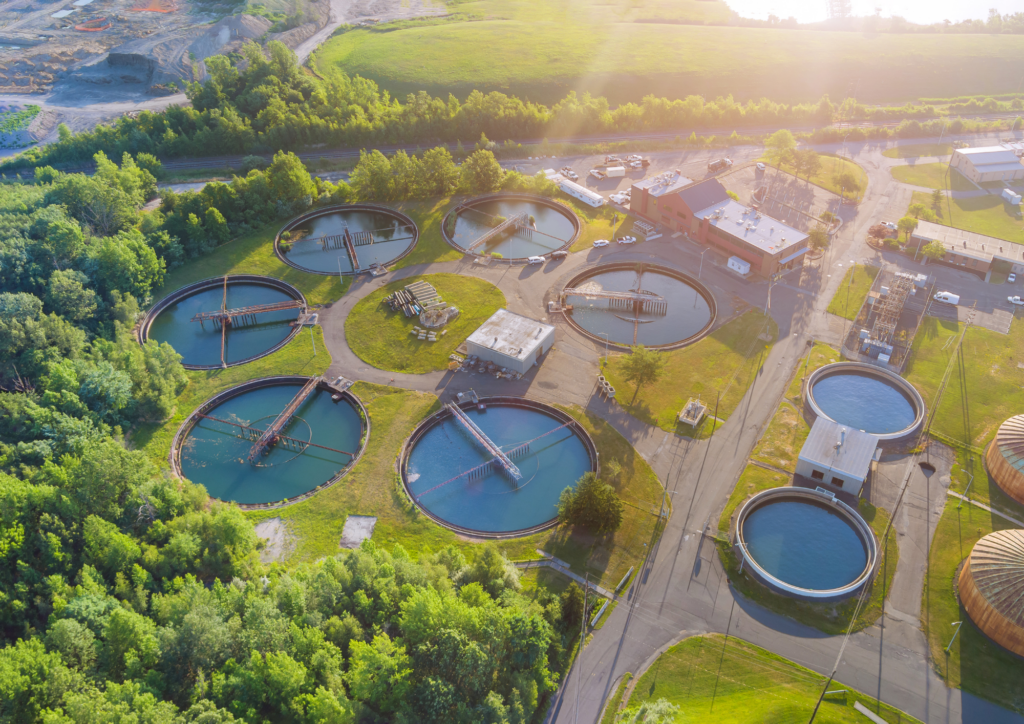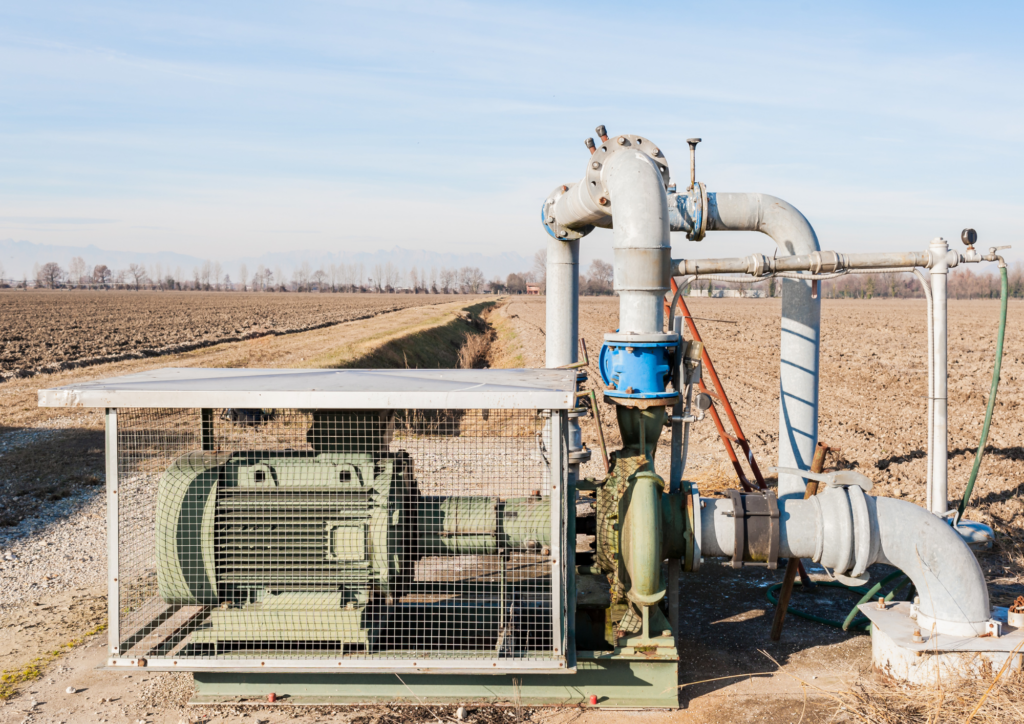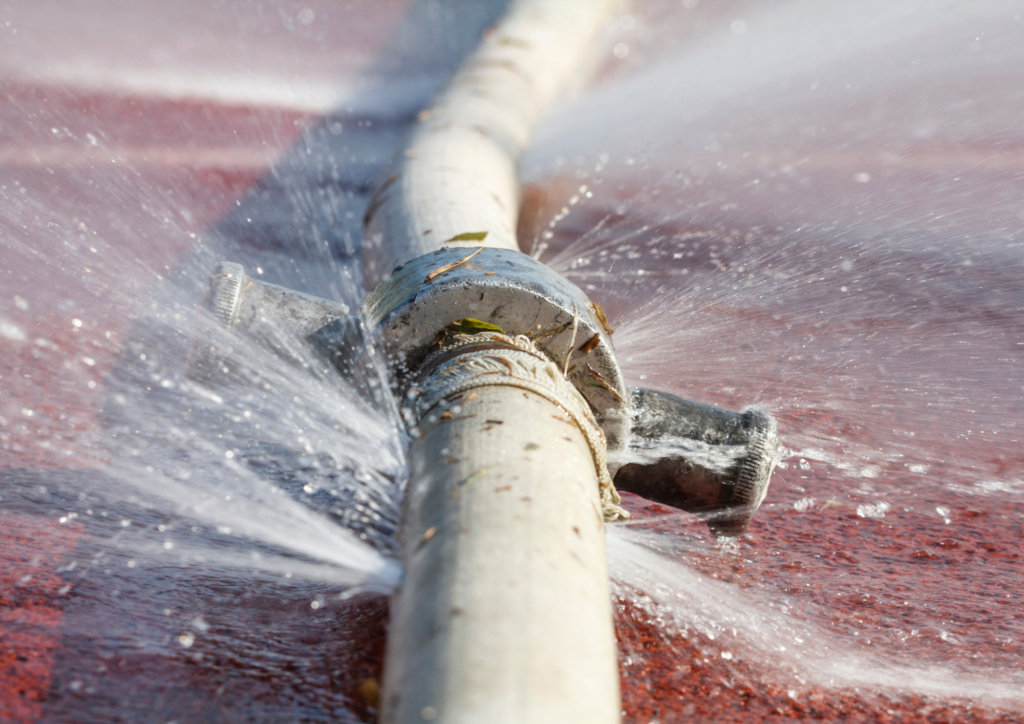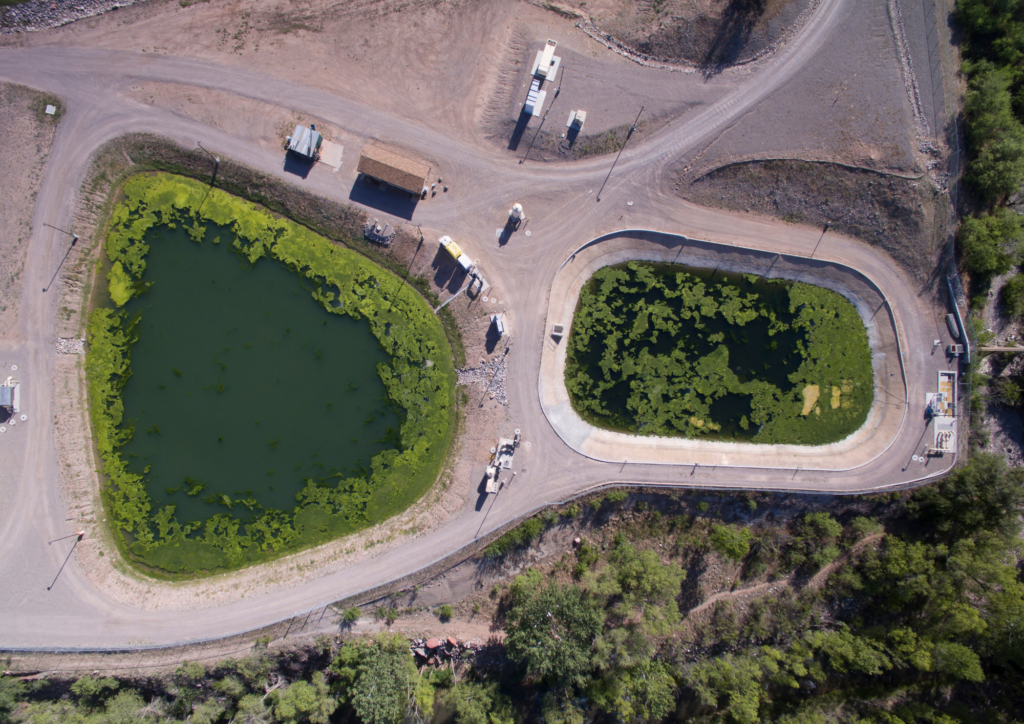Mobile Home Park Investments: Utility Infrastructure Due Diligence
-
 Tristan Hunter - Investor Relations
Tristan Hunter - Investor Relations
Whether you’re a seasoned investor or a first-time mobile home park owner, the decision to invest in a mobile home park is a significant one. It’s an opportunity to secure a steady income stream and, when done right, can create a thriving community for residents. However, before you purchase a bunch of mobile home park investments, a thorough due diligence process is absolutely crucial.
Utility infrastructure is the most expensive land improvement in mobile home park investments, therefore thorough due diligence is crucial to understand what you are dealing with. We’ll discuss some of the most critical factors that should be on the forefront of your utility infrastructure due diligence checklist when evaluating a mobile home park investment, with specific reference to water and sewer. We’ll explore what it typically takes to make an informed and profitable investment, by examining the hidden complexities of water and sewer systems, submetering, pipe materials, and what we prefer at Keel Team.
Let’s jump right in!
Utility Infrastructure: Water
Water utility infrastructure in mobile home parks plays a vital role in providing safe and reliable water supply to residents. The water source, pipe materials, metering methods, and metering technology can significantly impact the efficiency and cost-effectiveness of water services.
Let’s discuss some key aspects of water utility infrastructure in mobile home park investments:
Water Systems: City vs Well
City Water
City or municipal water supplies are typically treated to meet stringent water quality standards and regulations. They often provide consistent and safe water quality, making them a reliable choice for mobile home parks. City water may come with a predictable rate structure and easy access to maintenance and repairs. In summary, City water is the best in our experience.

Well
Some mobile home parks rely on well water as their primary water source. Well water quality can vary depending on location and the quality of the aquifer. Proper well maintenance and water treatment are essential to ensure residents have access to safe and reliable drinking water. Well water may be more cost-effective for mobile home park owners but may require additional testing and treatment. In summary, well water is survivable.

Water Pipe Materials
PVC: PVC pipes are commonly used in water distribution systems due to their durability, resistance to corrosion, and affordability. They are less prone to rust and scale buildup compared to galvanized steel pipes. PVC pipes are a preferred choice for potable water distribution in many areas. At Keel Team, we share the same consensus, PVC pipes are preferred.
Galvanized Steel: Galvanized steel pipes were once widely used but have fallen out of favor in water distribution systems. Over time, these pipes can corrode, leading to reduced water flow and poor water quality. Replacing galvanized steel pipes with PVC or other modern materials is often recommended for improving the water infrastructure’s performance and longevity.
Water Metering:
Sub metering involves installing individual water meters at each mobile home within the mobile home park. This allows residents to be billed for their actual water usage, promoting conservation and equitable billing.
At Keel Team, we look to submeter all the mobile homes within our mobile home parks, by installing smart meters, as well as billing back this utility expense to the residents.
Smart Metering:
Smart meters are advanced devices that enable remote monitoring and data collection of water consumption. They provide real-time data on water usage, reduce the need for manual readings, and help in identifying leaks or abnormal usage patterns. Smart metering can improve efficiency, billing accuracy, and water conservation efforts.
Smart metering technology has transformed water management in mobile home parks. These devices enable real-time monitoring and offer several advantages:
Early Leak Detection: Smart meters continuously monitor water usage, promptly identifying even minor anomalies like dripping faucets or hidden pipe issues, preventing costly repairs and water wastage.
Remote Monitoring: Mobile home park owners can receive alerts about abnormal usage or leaks without manual readings, reducing water-related damage and expenses.
Billing Accuracy: Smart metering ensures accurate billing based on real consumption, enhancing relationships between residents and management.
Conservation Promotion: Real-time data visibility encourages residents to conserve water, further lowering consumption.
At Keel Team, we have found that our residents’ water consumption reduces by at least 30% when installing smart meters on our mobile homes, allowing us to detect leaks and manage them efficiently, even from a distance. Don’t let your dollars get flushed down the drain!

Utility Infrastructure: Sewer
Sewer Utility Infrastructure in mobile home parks can vary significantly in terms of ownership and treatment methods. Let’s discuss the different sewer infrastructure options, the pros and cons of each, as well as considerations for sewer piping materials.
When it comes to sewer systems for mobile home parks, there are several options to consider, each with its own set of advantages and disadvantages. Let’s discuss city sewer, packaging plants, septic tanks, and lagoons in terms of their key characteristics and considerations:
City Sewer:
City sewer, just like city water, is the most ideal system to have in a mobile home park. Although others can be survivable, try to opt for mobile home parks connected to public utilities. In summary, city sewer is the best in our experience.
Pros:
- City sewer systems are typically highly reliable and well-maintained.
- Responsibility falls onto the Municipality
- They adhere to strict environmental regulations, ensuring proper treatment and disposal of sewage.
- Mobile home park owners are not responsible for day-to-day management or maintenance.
Cons:
- Connection fees (if conversion is needed) and monthly charges can be substantial.
- Limited control over the sewer system, as it is managed by the city. Issues would have to be resolved by the city and are therefore out of your control.
Packaging Plants:
Packaging plants are survivable but can be rather burdensome in terms of maintenance and the fact that the responsibility falls on the mobile home park owner to ensure a functioning system. In summary, packaging plants are survivable.
Pros:
- Private treatment plants offer control over the system design and capacity.
- Lower long-term operational costs.
- Owners can ensure compliance with environmental regulations.
Cons:
- High maintenance costs in the event the plant fails and components need replacing.
- The mobile home park owner is responsible for system management and maintenance.
- Managing sewage treatment can be complex and requires expertise.
Septic Tanks:
Like Packaging Plants, septic tanks are survivable but tend to be rather tedious due to the on-going maintenance and pump-outs required. In summary, septic tanks are survivable but not suitable for large mobile home parks.
Pros:
- Suitable for smaller mobile home parks with minimal ongoing expenses.
Cons:
- Inadequate for larger mobile home parks.
- Regular maintenance and pump-outs are necessary.
- Potential environmental risks if not maintained properly.
Lagoon Systems:
Try to avoid lagoon systems where possible unless there is the possibility to hook up to City sewer.
Pros:
- Suitable for larger mobile home parks with more space.
- May be less reliant on ongoing maintenance.
Cons:
- Potential for aesthetic and odor problems.
- Susceptible to weather and climate conditions.
- Ensuring compliance with environmental regulations can be challenging.
In conclusion, city sewer systems are the best and most preferred system. Packaging plants offer flexibility and potential cost savings but require maintenance carried out by the owner. Septic tanks are survivable and cost-effective for smaller mobile home parks but lack capacity for larger ones. Lagoon systems should be avoided unless there is the possibility to hook up to city sewer.

Sewer Pipe Materials
Clay Tile: clay tile is one of the most common sewer pipe materials in mobile home parks, and they are considered a good material due to their durability and resistance to corrosion.
Cast Iron: cast iron overall is a good material and was favored in the past due to their exceptional strength and longevity. Nevertheless, their weight and susceptibility to rust and corrosion have led to a shift towards alternative materials like Schedule 40 PVC.
Orangeburg: Orangeburg pipes are made from a tar-like substance and are known for their susceptibility to collapse and deformation. In a nutshell, stay clear of them.
Schedule 10 PVC: Although Schedule 10 PVC pipes are considered survivable, however, they are not as thick as Schedule 40 PVC, making them less durable and more susceptible to damage. If you find this material in the sewer lines of a mobile home park investment opportunity, consider budgeting for the replacement of Schedule 40 PVC as a risk mitigation strategy.
Schedule 40 PVC: Schedule 40 PVC is considered the best material for sewer pipes in mobile home parks. Their durable construction and smooth interior surface contribute to reliable water flow. At Keel Team, we share the same opinion and prefer mobile home parks with this sewer pipe material.
In summary, if you find anything other than Schedule 40 PVC, Clay tile, or Cast Iron during the due diligence phase of a mobile home park investment, consider budgeting for the replacement of the sewer lines as risk mitigation strategy. This could eat into your profits and could be a potential deal breaker depending on how the rest of the numbers on the proforma look.
Learn more about mobile home park investing.
Interested in learning more about mobile home park investing? Get in touch with us today to find out more.
Are you interested in learning more about mobile home park investments? Reach out to us now and explore this niche asset class with the Keel Team!
Disclaimer:
The information provided is for informational purposes only and should not be considered investment advice, nor a guarantee of any kind. There are no guarantees of profitability, and all investment decisions should be made based on individual research and consultation with registered financial and legal professionals. We are not registered financial or legal professionals and do not provide personalized investment recommendations.

Tristan Hunter - Investor Relations
View The Previous or Next Post
Subscribe Below 👇





